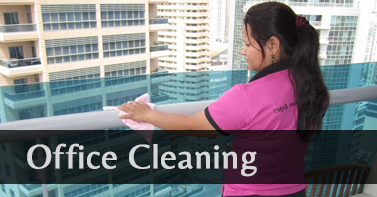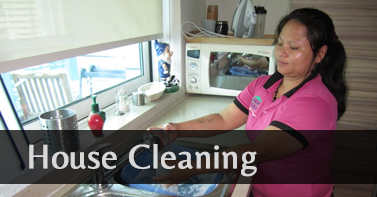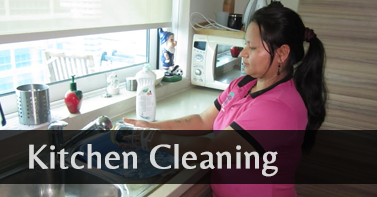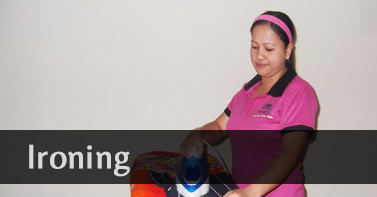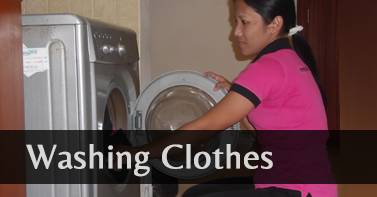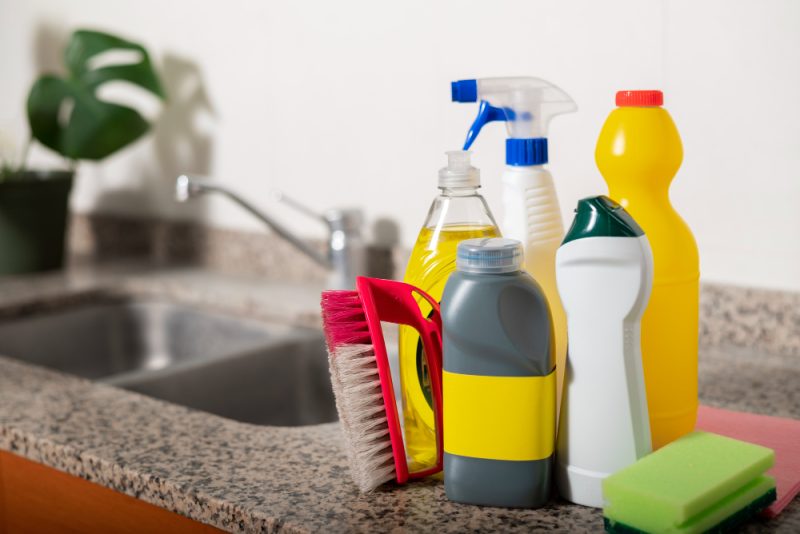Cleaning your kitchen does not have to be a big or a costly task. A shining kitchen can be accomplished with a few of my tips on cleaning, without using expensive cleaning tools. The following are 8 life size and easy to apply kitchen cleaning tips, and steps that are easy to follow.
1. Greasy Dishes (80% Easier Cleaning with Vinegar)
-
Problem: Stubborn greasy stains on plates, pots, and pans.
-
Solution: White Vinegar.
-
Method:
-
Fill sink with hot water.
-
Add 3–4 tablespoons of white vinegar.
-
Soak greasy dishes and wash as usual.
-
-
Result: Cuts grease 80% faster than plain water.
2. Microwave Cleaning (90% Grime Removal with Steam)
-
Problem: Built-up grime inside the microwave.
-
Solution: Steam cleaning with paper towels + lemon water.
-
Method:
- Put damp paper towels in microwave and run between 3-5 minutes.
- Combine 1 cup of water and 1/2 cup of lemon juice and boil 5 minutes.
- Allow to sit in it 10 minutes and wipe.
-
Result: Ease of 90% of the stains using minimum scrubbing.
3. Ceramic Tiles (99% Disinfected with Rubbing Alcohol)
-
Problem: Food stains sticking to ceramic backsplash.
-
Solution: Rubbing Alcohol.
-
Method:
-
wipe with a sponge & rubbing alcohol.
-
Rub the tiles until stains disappear.
-
-
Result: It removes and disinfects 99 percent of bacteria.
4. Wooden Surfaces (Natural Finish Retained)
-
Problem: Wood absorbs dirt and bacteria.
-
Solution: Baking Soda + Oil Treatment.
-
Method:
-
Mix ½ cup baking soda plus 1 quart of warm water.
-
Rub on wooden surfaces and rinse.
-
Dry, and rub with a fine steel wool with boiled linseed or vegetable oil.
-
-
Result: Surfaces stay clean, nourished, and last 50% longer.
5. Calcium Deposits (85% Dissolved with Lemon)
-
Problem: Stubborn calcium deposits at the base of pots or vases.
-
Solution: Lemon flesh + Baking Soda.
-
Method:
-
Scrub deposits with lemon flesh.
-
For tougher stains, sprinkle with baking soda / salt.
-
In the case of vases: add white vinegar + uncooked rice, shake.
-
-
Result: Removes 85% of deposits naturally.
6. Blender Cleaning (100% Reach with Self-Wash)
-
Problem: Hard-to-clean blender blades.
-
Solution: Soap + Self-blending.
-
Method:
-
Fill blender with warm water.
-
Add a few drops of dishwashing liquid.
-
Blend for 1 minute, rinse.
-
-
Result: 100% cleaning coverage inside blender.
7. Silverware (Shiny in 4 Easy Steps)
-
Problem: Tarnished silver cutlery.
-
Solution: Baking Soda + Vinegar + Foil.
-
Method:
-
Line a pot with aluminum foil (shiny side up).
-
Place silverware inside and cover with water.
-
Add 1 cup baking soda, 1 cup vinegar, 1 tbsp salt.
-
Boil for 3 minutes, wash in soapy water, and dry.
-
-
Result: Restores shine 95% effectively.
8. Granite Floors & Countertops (Safe Non-Abrasive Method)
-
Problem: Stains on granite and natural stone.
-
Solution: Stone Cleaner + Homemade Poultice.
-
Method:
-
Use stone cleaner or hot water + microfiber cloth for daily cleaning.
-
For stains: mix baking soda + liquid (peanut-butter consistency).
-
Oil-based stains → mix with rubbing alcohol.
-
Water-based stains → mix with hydrogen peroxide.
-
-
Spread, let dry, then wipe off.
-
-
Result: Removes stains without damaging stone (99% safe).
Comparison Table of Kitchen Cleaning Hacks
| Area | Solution Used | Effectiveness (%) | Cost Efficiency |
|---|---|---|---|
| Greasy Dishes | White Vinegar | 80% | High |
| Microwave | Steam + Lemon | 90% | High |
| Ceramic Tiles | Rubbing Alcohol | 99% | Medium |
| Wooden Surfaces | Baking Soda + Oil | 85% | Medium |
| Calcium Deposits | Lemon + Baking Soda | 85% | High |
| Blender | Soap + Self-Wash | 100% | Very High |
| Silverware | Foil + Baking Soda | 95% | Medium |
| Granite Surfaces | Stone Cleaner Poultice | 99% | Medium |
FAQs
Q1: Can I use vinegar on granite countertops?
No. Vinegar can damage natural stone and grout. Use stone cleaner or baking soda poultice instead.
Q2: How often should I clean my microwave?
At least once a week to prevent food buildup and odors.
Q3: Is baking soda safe for all surfaces?
Yes, baking soda is safe for most surfaces, but avoid excessive use on delicate natural stone.
Q4: Can I use olive oil instead of linseed oil on wooden surfaces?
Yes, olive oil works but may go rancid over time. Vegetable oil or linseed oil is recommended.
Q5: How long does the silverware cleaning method last?
It keeps silverware shiny for 2–3 months depending on usage and storage.

